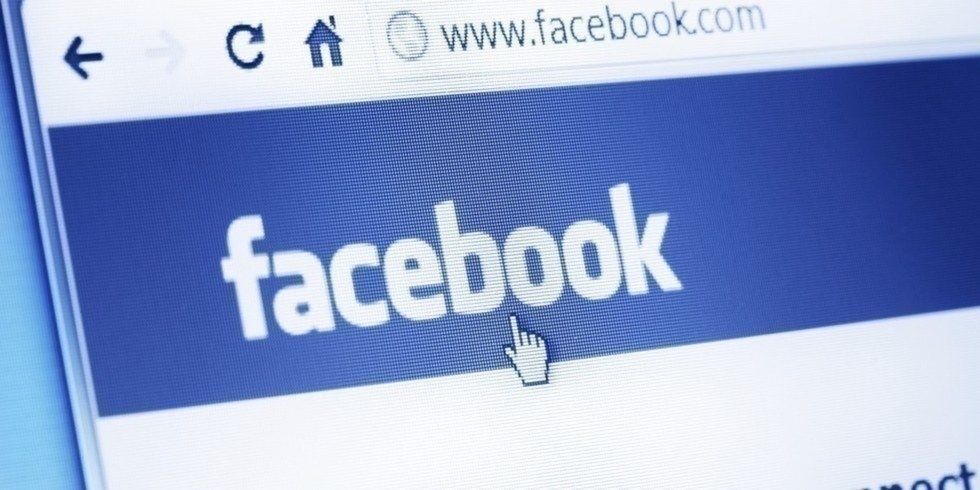Facebook begins hiding likes in bid to improve user wellbeing
Facebook has begun a trial where the number of likes and reactions content gets cannot be seen.
The trial is limited to users in Australia for now, but could spread more widely if it is deemed a success. Users selected to take part in the trial still see how many likes and other reactions their own posts get, but they no longer see these numbers for content posted by anyone else.
Read More:
- Facebook's latest purchase is a $1bn bid to let us control VR and social media with our minds
- Facebook wants to replace your phone with smart glasses by 2023
- Instagram AI asks 'are you sure?' before you post harmful comments
That way, Facebook hopes, users will not feel compelled to check how the popularity of their content compares to that of others. The trial began to roll out to Australian users on Friday, September 27, and follows a similar test conducted by Facebook-owned Instagram since July.
In both cases, the move is aimed to improve the mental wellbeing of users, who it is hoped will begin to see Facebook as a place to share content with friends and family, not compete over how many likes they get and how popular they are.
Mia Garlick, director of policy for Facebook Australia, said: "We've had really positive feedback from a lot of the anti-bullying groups and mental health organizations that we work with. It really is just taking that number [of likes] out of the equation, so that people can focus on the quality of their interactions and the quality of the content rather than on the number of likes or reactions."
Although limited to Australia for now, it is likely that the trial will spread to other regions soon. Instagram also kick-started its like-free trial in Australia, but since July has rolled the change out to users in Canada, Brazil, New Zealand, Japan, Italy and Ireland too. Facebook and Instagram have yet to say whether the trial will end, of the changes will become permanent.
On the Instagram trial, Garlick said: "We have had some initial positive feedback from the public about the experience, but we're still just learning and listening to feedback at this stage."
